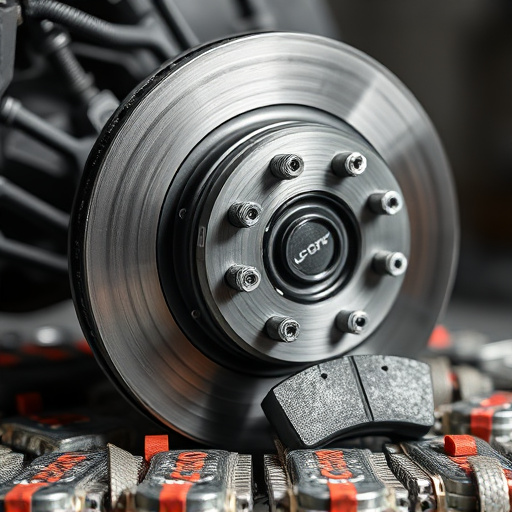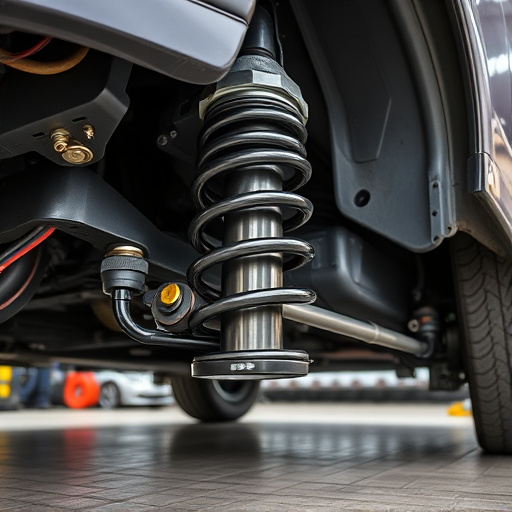Reduced braking performance, including extended stopping distances, spongy pedal response, or unusual noises, indicates a faulty brake master cylinder. Regular inspections are crucial to detect leaks and maintain optimal braking, as issues can lead to severe failures and compromised safety. Prompt professional attention is essential for diagnosis and repair, ranging from simple repairs to cylinder replacement.
“Ensuring your vehicle’s safety is paramount, especially when it comes to brakes. This guide aims to equip you with knowledge on identifying faulty brake master cylinder (BMC) symptoms. Recognize reduced brake performance as an early warning sign, indicating a potential issue with the BMC’s ability to deliver adequate force. Detect subtle leaks in the system, which can significantly impact braking efficiency. Understand that failure of the master cylinder itself can lead to complete loss of braking power. Stay vigilant for these signs to maintain optimal vehicle control and safety.”
Recognize Reduced Brake Performance
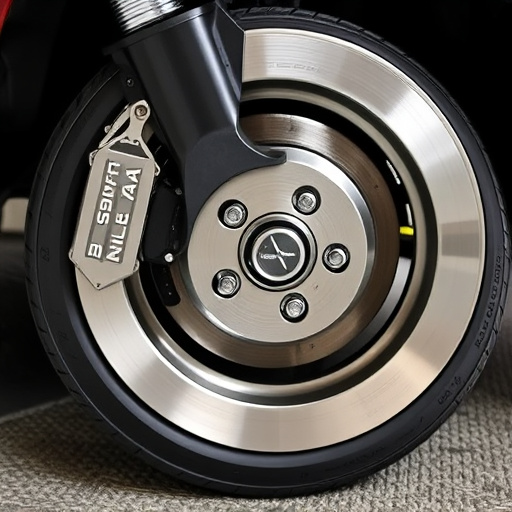
Reduced brake performance is one of the most noticeable symptoms of a faulty brake master cylinder. When something is amiss with this critical component, you’ll experience a decrease in braking power and control. This can manifest as longer stopping distances, soft or spongy brake pedal response, or even a pulsing sensation while applying the brakes. It’s essential to recognize these signs early on, as they could indicate a more severe issue that needs immediate attention.
A problem with your brake master cylinder might also cause uneven braking. This can be noticed when one side of the vehicle appears to stop faster than the other, resulting in a pulling sensation or veering during braking maneuvers. Other potential indicators include increased pedal travel—requiring more effort to press the pedal—and unusual noises coming from the brakes, such as grinding or squealing. If you observe any of these symptoms, it’s crucial to have your vehicle inspected by a professional mechanic who can diagnose and address the issue, which may range from a simple repair to a complete replacement of the brake master cylinder, depending on the severity.
Detect Leaks in the System
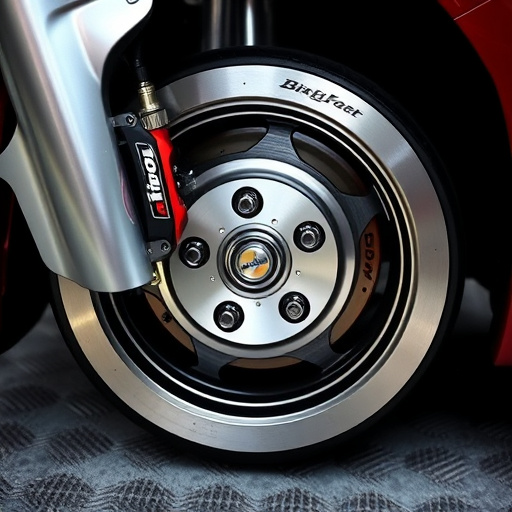
One of the most significant aspects of maintaining your vehicle’s safety is ensuring the integrity of its brake master cylinder. Leaks in this system can lead to serious issues, compromising your ability to stop effectively. Regularly inspect for any visible signs of leaks around the brake master cylinder and its components, especially at connections and seals. Look out for moisture or oil residue, which could indicate a breach in the system’s integrity.
If you suspect a leak, it’s crucial to address it promptly to prevent further damage. While the problem might seem isolated, issues with the brake master cylinder can spread to other related parts. For instance, a compromised air filter kit—an essential component for proper braking performance—or worn-out brake rotors could all be secondary effects of an underlying leak in the master cylinder. Don’t overlook these signs; they may point towards a larger problem that needs professional attention.
Identify Master Cylinder Failure
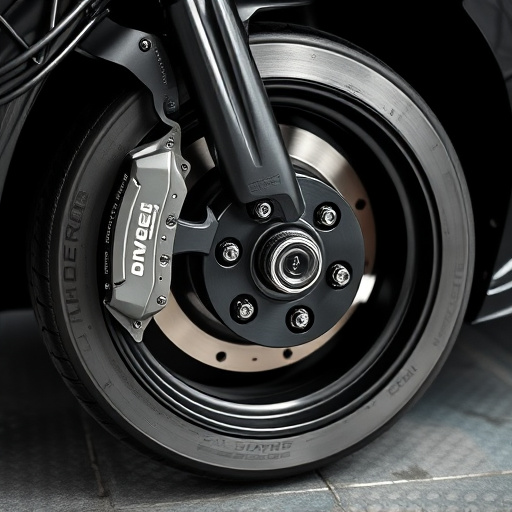
When it comes to identifying a faulty brake master cylinder, it’s crucial to be vigilant for specific symptoms that could indicate a serious issue with this critical component. One of the earliest signs is a soft or spongy brake pedal. This sensation occurs when the master cylinder fails to generate sufficient hydraulic pressure, making the brakes less responsive and requiring more effort to apply. Additionally, you might notice an abnormal noise coming from the brake system during braking, such as a high-pitched squeal or grinding sound, which often points towards worn-out brake pads but could also be an indicator of master cylinder problems.
Regularly inspecting your vehicle’s brakes is essential, especially if you’re an enthusiast who modifies their car with high-performance parts. While exhaust tips and custom designs can enhance the look and sound of your ride, ensuring optimal braking performance should always be a priority. Check for any leaks around the master cylinder, as well as the condition of the brake rotors, which can also contribute to overall braking efficiency. Remember that prompt attention to these symptoms could prevent more severe brake failures and ensure safer driving conditions.
If you’ve noticed any of these faulty brake master cylinder symptoms, it’s crucial to address them promptly. Regular maintenance and early detection are key to ensuring safe driving conditions. Remember, a well-maintained brake master cylinder is essential for your peace of mind on the road. Keep an eye out for reduced brake performance, leaks, or failure signs, and don’t hesitate to consult a professional if needed. By staying proactive, you can navigate the complexities of brake maintenance and keep yourself and others safe.










